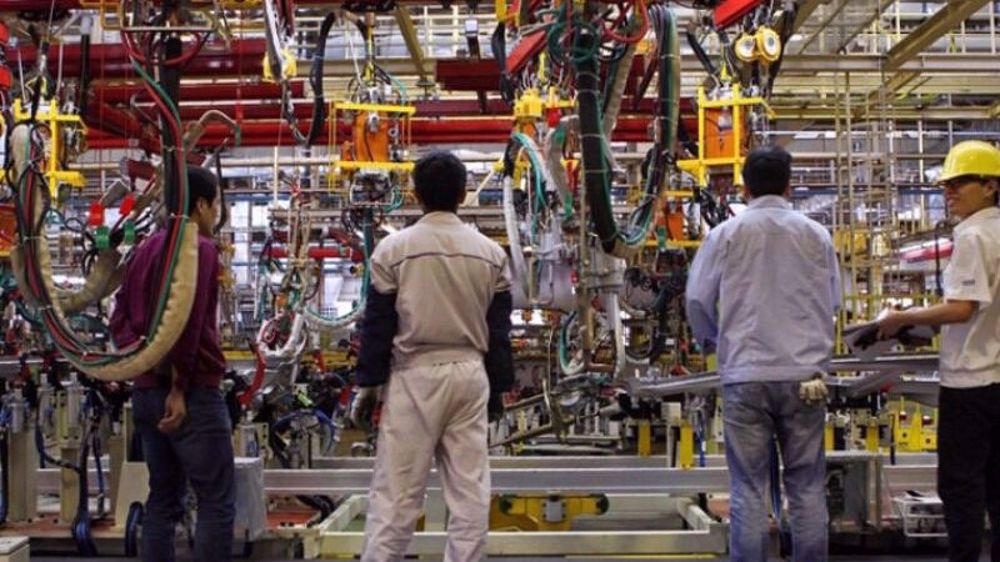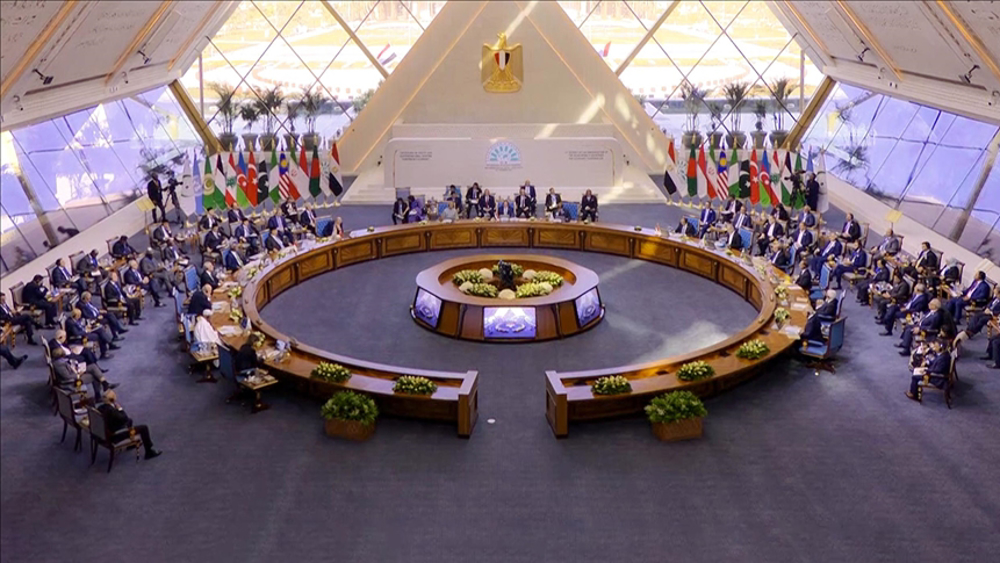Austria’s Oberbank and Raiffeisen Bank connected to Iran market
A senior Iranian trade official says Austria’s Oberbank and Raiffeisen Bank International (RBI) are now connected to Iranian banks.
Tehran Chamber of Commerce Chairman Masoud Khansari said that the two Austrian banks have started opening letters of credit (LCs) for Iranian businesses, facilitating trade transactions between the two countries.
He announced the news in Tehran on Wednesday on the sidelines of a meeting between Tehran Chamber of Commerce and a trade delegation from the state of Carinthia in southernmost Austria, headed by Christian Benger, the regional minister for economy, agriculture and tourism.
Khansari added that a number of Swiss banks have also been linked to the Iranian banking system, noting that although smaller European banks are active in the country, the well-known banks have not yet been connected to Iranian banks.
He also expressed hope that the two countries could expand their banking cooperation very soon.
In his turn, Benger mentioned problems with the money transfer as the main obstacle for business in Iran, noting, “I think this will be solved in the very near future.”
“Raiffeisen Bank is one of the main Austrian banks in the international business. It’s the Austrian control bank, which controls every international money transfer. This bank and all other banks are active and support resolving this problem. So, solutions will be seen in the near future,” he told Tehran Times. “I think we have big opportunities on both sides, so we are here to enforce these possibilities into potentials for both sides.”
Oberbank is an independent regional bank located in the heart of Europe and headquartered in Linz in the north-center of Austria and Raiffeisen Bank International is the central and the largest institution of the Raiffeisen Banking Group.
In September 2015, Austrian companies signed a number of agreements with Iranian partners at an economic forum in Tehran to become the first Western firms to put down concrete stakes in the Islamic Republic since it reached the landmark nuclear deal with the P5+1 in July 2015.
The Financial Times reported in early April that Belgium’s KBC, Germany’s DZ Bank, and Austria’s Erste Bank have started handling transactions on behalf of European clients doing business in Iran following the removal of sanctions against the country.
US banks are still banned from dealing with Iran as part of an old US trade embargo that still remains in place. Accordingly, this is believed to have already effectively blocked any transactions with Iran which is based on US dollars because they would ultimately have to be cleared in the US.
Indications had been specifically growing lately that a legacy of hefty fines by the US on banks that are caught for violating Iran sanctions is deterring businesses from trading with Iran.
Iran and the P5+1 group -- the United States, Britain, France, China, Russia and Germany -- reached the nuclear agreement, dubbed the Joint Comprehensive Plan of Action (JCPOA), in July 2015 in the Austrian capital Vienna. The agreement went into effect on January 16.
Under the JCPOA, Iran agreed to put some restrictions on its nuclear energy program in exchange for relief from economic sanctions that had been imposed on the Islamic Republic based on the unfounded accusation that Tehran is pursuing non-civilian objectives in its nuclear program.
Israel admits assassinating Hamas leader, vows to inflict same fate on Yemeni fighters, people
VIDEO | Yemeni forces repel US-British attack, down F-18 Jet
Iran’s capabilities vast; enemy’s ‘maximum pressure’ policies all failed miserably: Senior official
Iran’s economy grew 2.7% y/y in Sep quarter: CBI
VIDEO | Freelancers in Gaza strive to stay online amid genocide
Mikati demands Israel's withdrawal from south Lebanon
Yemeni army strikes Israeli military sites with drones
‘Clock ticking’: UNRWA slams unjustifiable killing of children in Gaza










 This makes it easy to access the Press TV website
This makes it easy to access the Press TV website